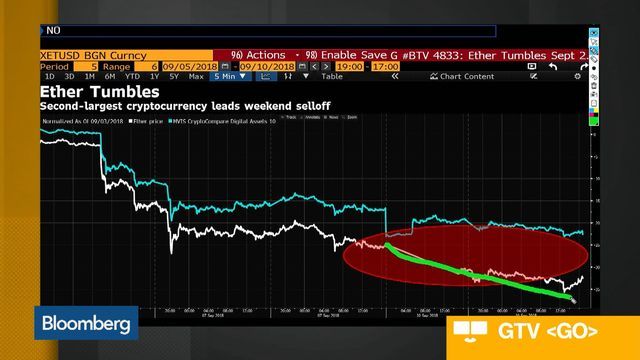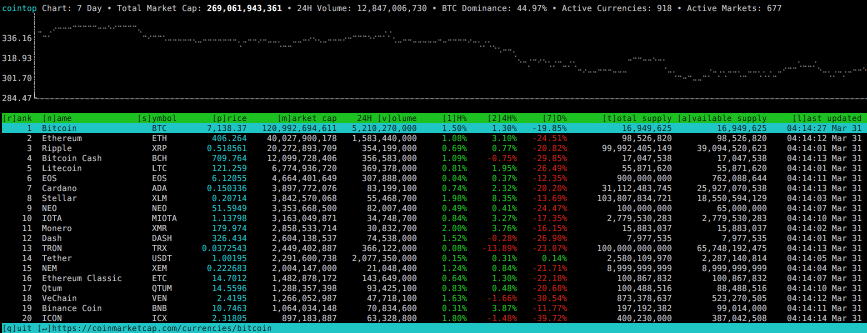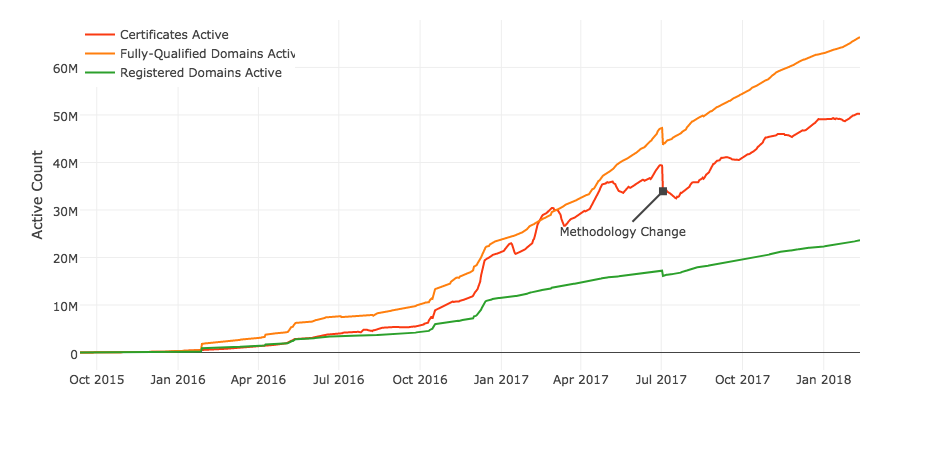Over the past 8 years, Go Time has published 300 episodes! In this episode, the panel discusses which ones they loved the most, some current stuff that’s in the works, what struggles the podcast has had & what we’re planning for the future.
Matched from the episode's transcript 👇
Kris Brandow: Yeah, I’m curious as to like – because you know, it’s easy to be hyper-fixated on what the hype cycle is currently occupied by… I’m interested of “Well, what happens when the hype cycle inevitably moves on?” Which I think everybody right now - because we’re in the hype cycle - is just like “The hype cycle is not going to move on.” But I don’t know, I’ve said this before; it’s been an unpopular opinion before. It’s just like, Bitcoin and cryptocurrency was also the huge hype cycle that everybody was talking about, and it’s now been replaced with AI. And before that – there’s always a hype cycle, and there’s always something.
[01:17:56.10] I think there’s a lot of interesting things that come out of the – like, once the hype cycle has moved on, you’re left with these technologies, of like “Well, what can you actually do with these technologies? What are interesting applications of them?” I think that’s happening now with blockchain and how people are thinking about blockchain in kind of new and novel ways. Or even the components or the concepts of a blockchain, irrespective of the implementation of it. And I think that AI as a space has the same sort of potential, where it’s like once we can actually really kind of get into the nuance of it… So I feel like that’s kind of what follows those big hype cycles, is the hype cycle is the lack of nuance, and that lack of nuance allows us to imagine literally anything. And people doomerize it, people are super-excited about it, but everybody is just like – there’s a whole lack of nuance around most of it. And then you start getting a lot of that nuance, and the hype comes down, and you start being like “Oh, these are the interesting places where this technology can actually go.”
And I think that Go as a language, it’s positioned in a special place, and I think it is – I mean, as the language of the cloud, I feel like it’s gonna play a role in all of this, but a different role, a complementary role. So I don’t think it’s gonna be the language you use to necessarily write large language models, or do the things that other languages are currently good for. But I think it’s going to be somewhere in there, probably playing a very foundational part. Kind of like with the cloud. Go is certainly not – you don’t have to write all of your services in Go. In fact, you might not even write Go in general, but most definitely, it’s all over the place in the cloud world, and in that whole thing. So I think there’s space.
But yeah, it’d be super-interesting to explore that on the podcast, and have people in… I think it was – I don’t remember who brought it up, but someone brought up the idea of not necessarily debate, but different viewpoint episodes, where you bring in people that have not necessarily opposing views, but differing views, and you have a conversation. I think that would also be interesting in this space, but also just in general for us as a Go podcast, because there’s a lot of things in Go where it’s like “I don’t know, the answer is it depends.” There’s two episodes basically of this on Changelog & Friends. There’s the “It dependencies”, and then there’s an “It depends” with me. So listeners, if you like that kind of “I don’t know, the answer is It Depends”, go over to Changelog & Friends and listen to that.







